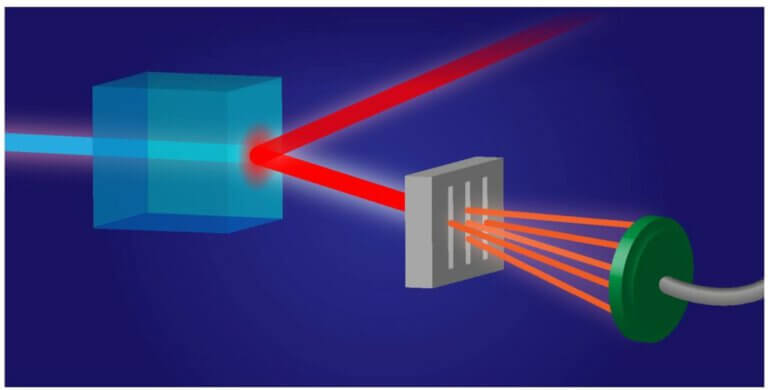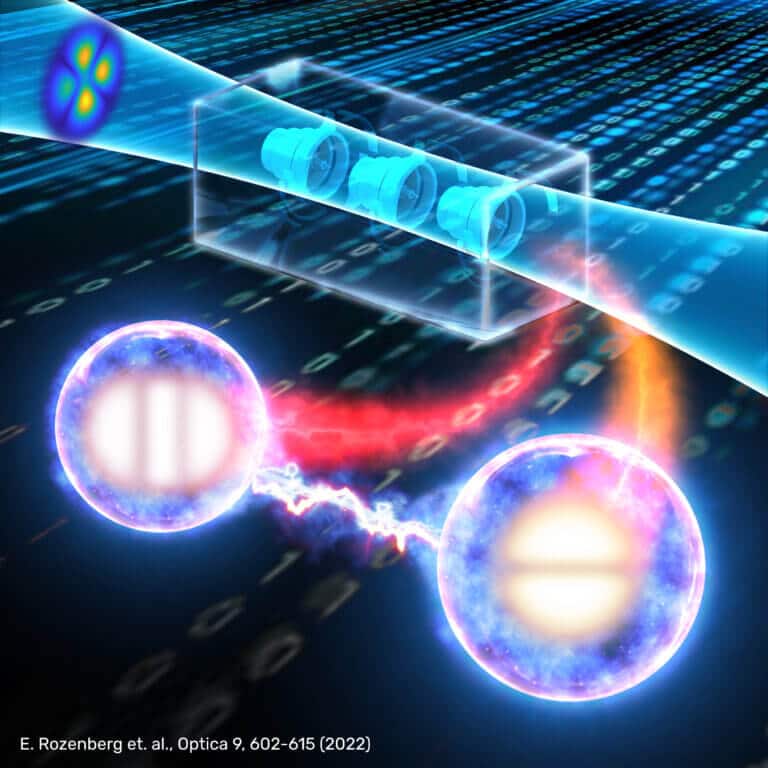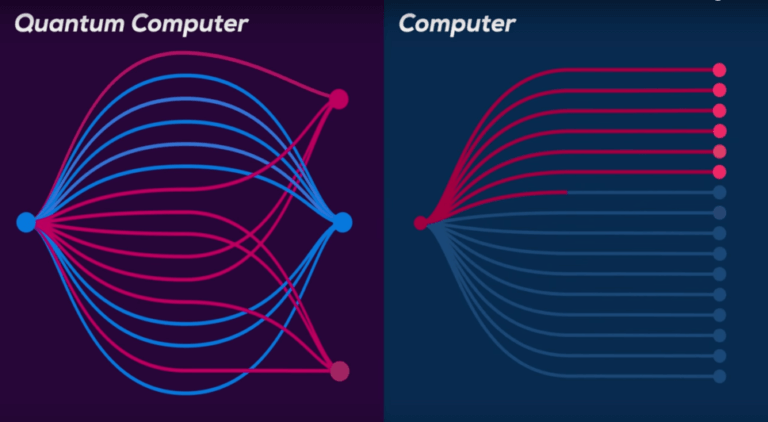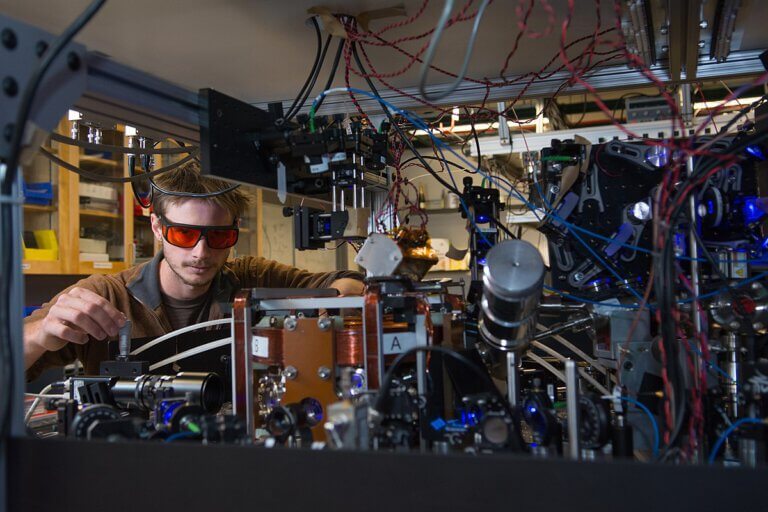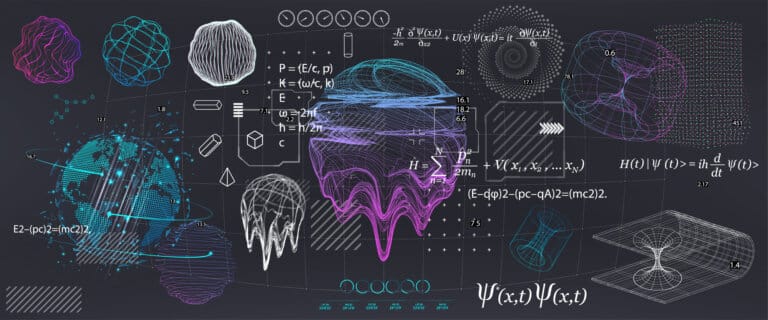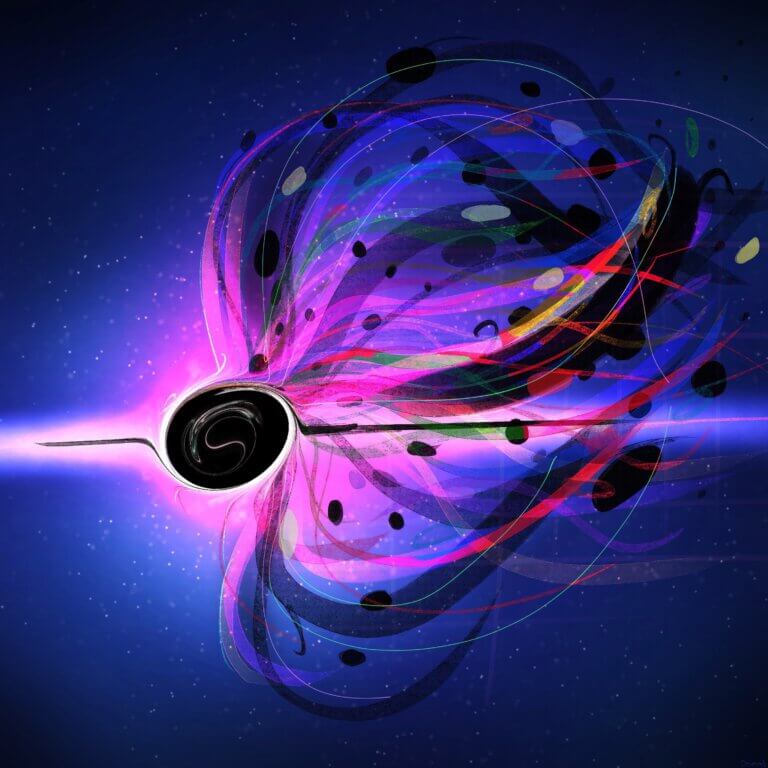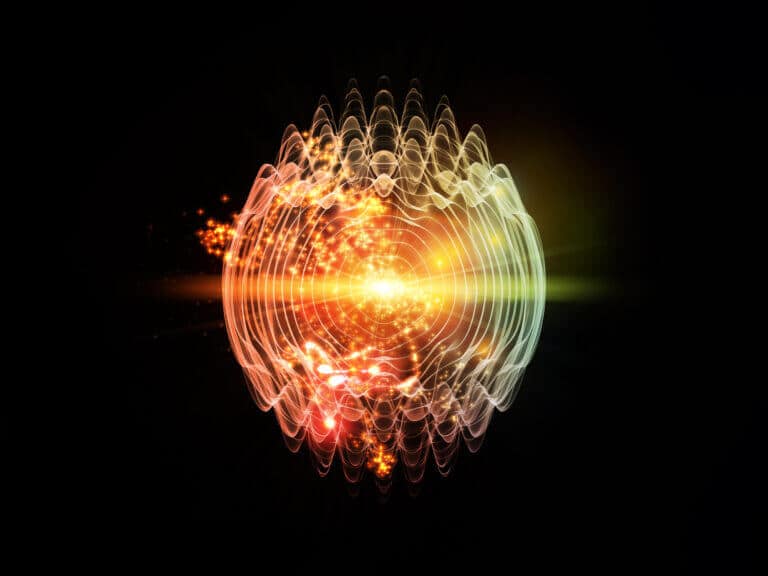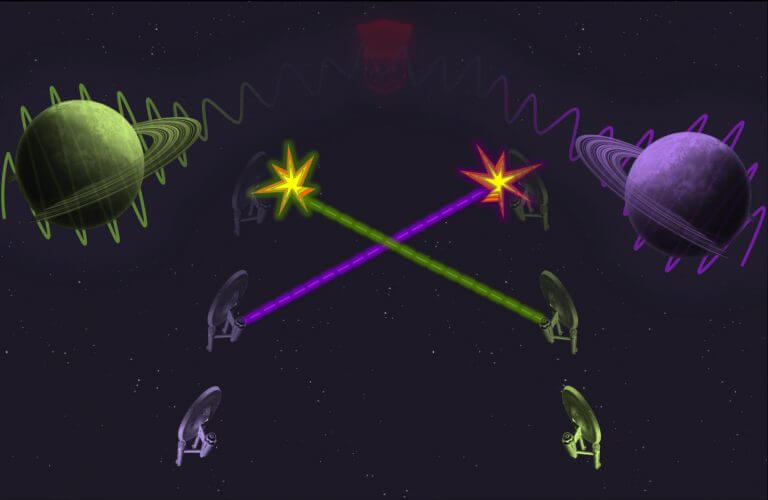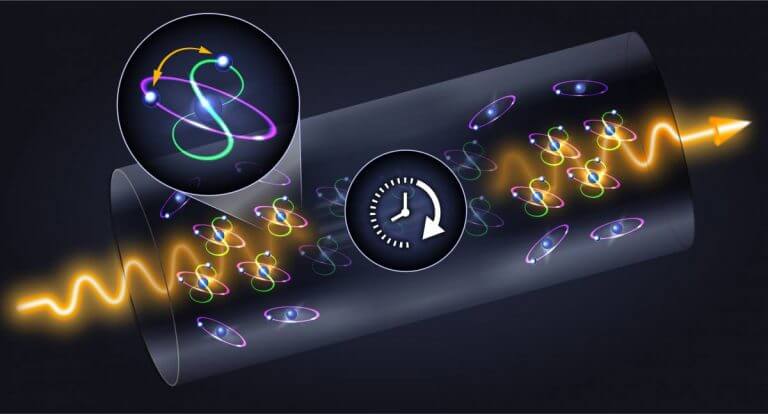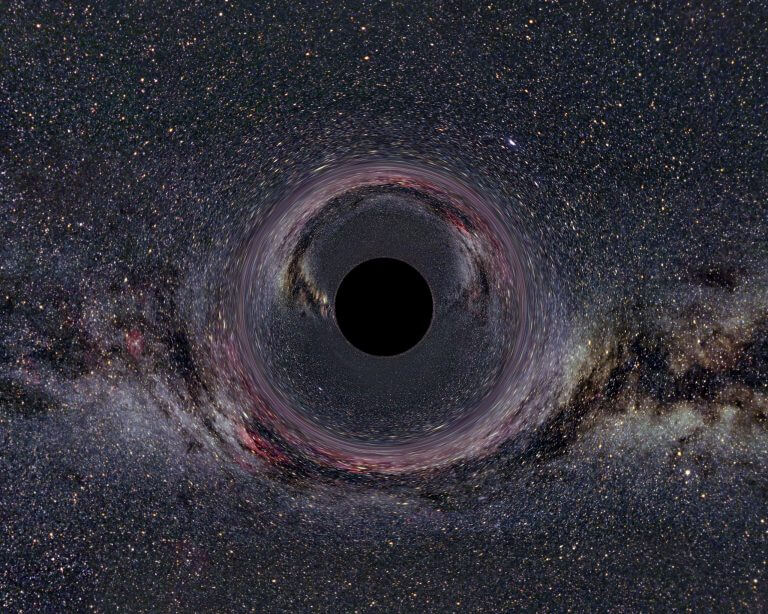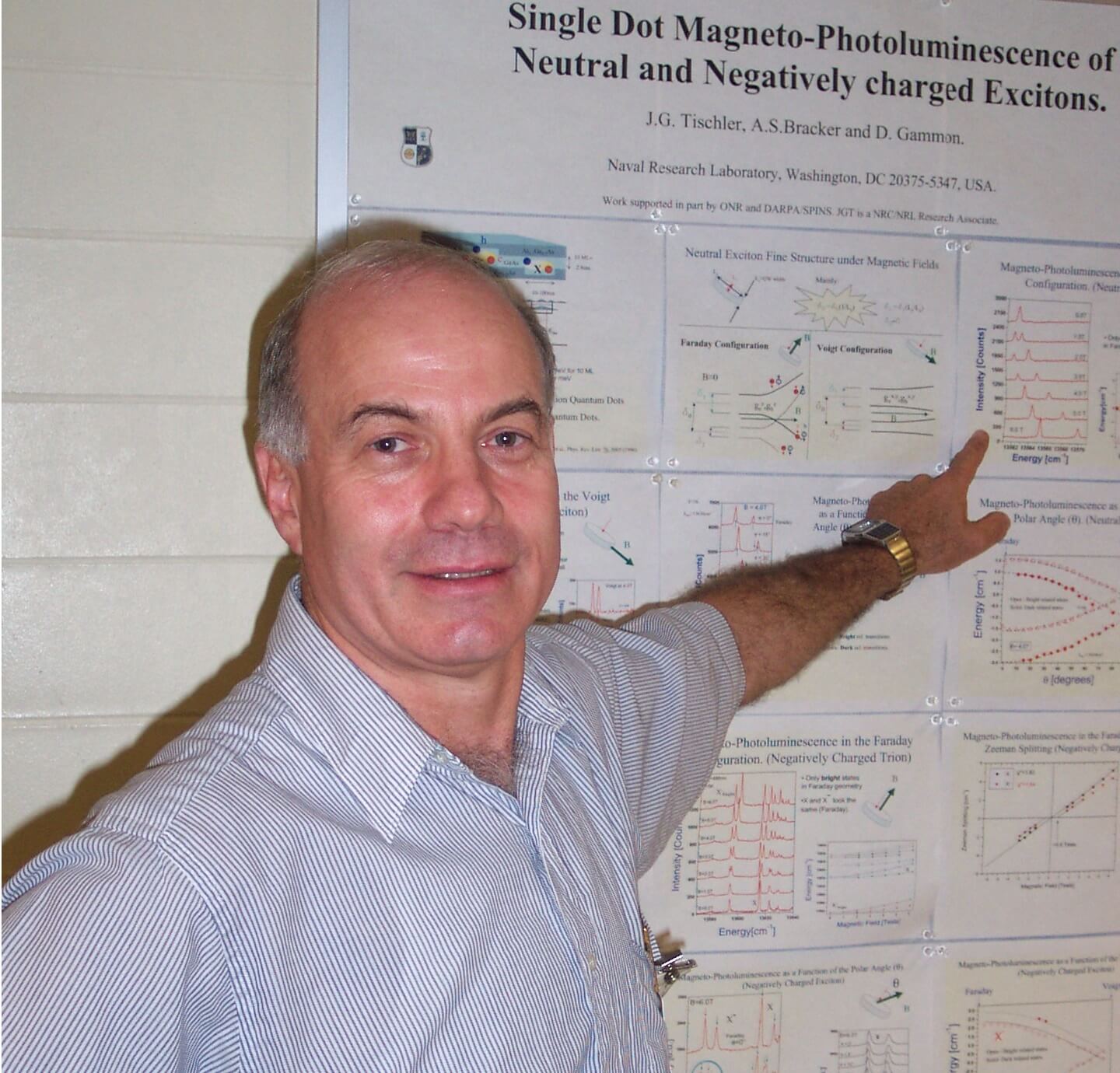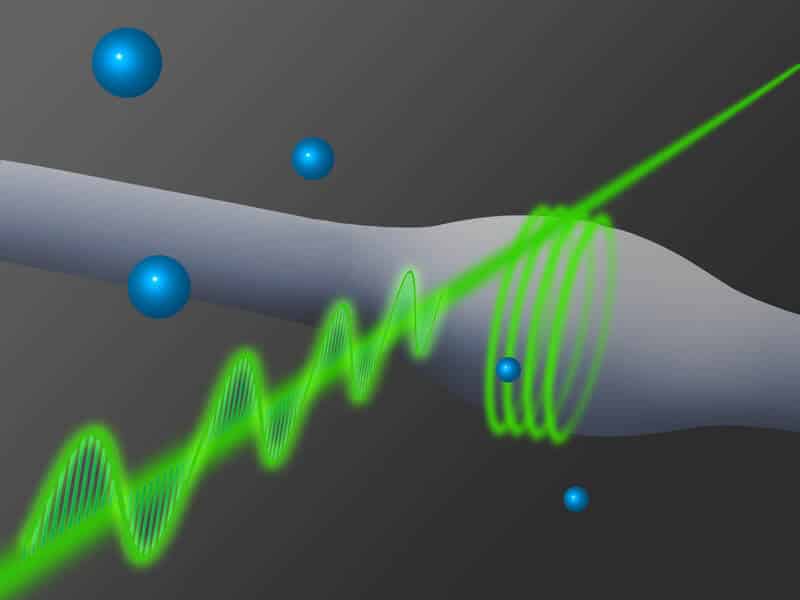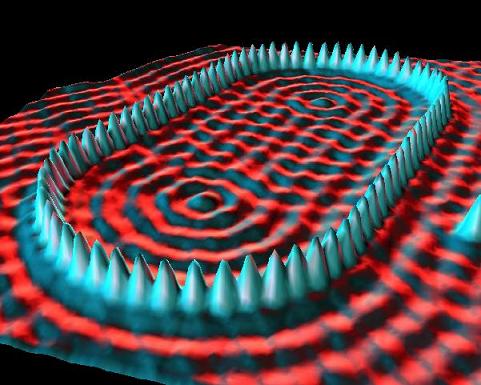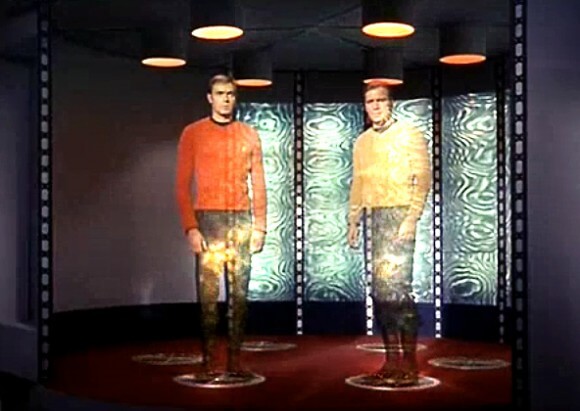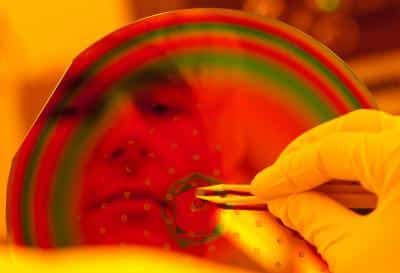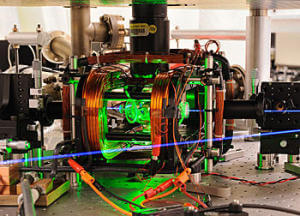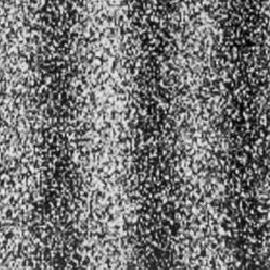Hayadan > Quantum entanglement
Quantum entanglement
- The Voice of Science website - the Israel National Science Foundation
- July 3, 2023
Quantum effects in X-rays make it possible to improve the resolution of the scan and protect the health of subjects and doctors
- Tel Aviv University
- August 23, 2022
- No comments
Researchers from the Technion and Tel Aviv University have developed an innovative method to engineer quantum entanglement in a crystal, using computational learning tools
- Guest article
- June 7, 2022
- 3 תגובות
Is the current generation of electronic encryption strong enough to protect your information online today? The American Standards Office thinks not
- Quantum in Hebrew
- May 18, 2022
- 4 תגובות
In this post, Kafir Soleimani details how, within the framework of the laboratory, the students smash the foundations of classical theory one by one, by recreating a series of ground-breaking quantum experiments published in the last four decades
- The Hebrew University
- December 16, 2021
- No comments
The award was awarded to researcher Dr. Shlomi Kotler from the Hebrew University by the British Association of Physicists for his research on quantum entanglement
- Noam Chai
- November 27, 2021
- 9 תגובות
A black hole is a mysterious celestial body. Einstein's theory of relativity taught us a lot about black holes, but many question marks remain about what goes on inside. It is likely that the picture will become clearer as soon as a quantum theory of gravity is discovered, but until then we will content ourselves with the collision of quantum mechanics and general relativity around the event horizon. In this chapter we will discuss the paradox that arose from this collision, the multitude of published solutions and the fascinating developments of the past two years
- The Hebrew University
- May 8, 2021
The researchers were able to directly observe the entangled quantum state of two mechanical drums, each with a size close to the diameter of a human hair.
- The Hebrew University
- November 22, 2020
- 8 תגובות
The research group of Prof. Hagai Isenberg in collaboration with a French research institute and the doctoral students Daniel Istreta and Yehuda Pilniak from the Hebrew University, published in the journal Nature Communications, produced a new study heralding a new and groundbreaking compact quantum system that allows the interweaving of an arbitrary number of photons
- Noam Chai
- September 13, 2019
- One response
- Noam Chai
- August 22, 2018
- 6 תגובות
- Weizmann Institute
- March 21, 2018
- 6 תגובות
- Scientific American Israel
- May 17, 2017
- 4 תגובות
- The Technion
- November 26, 2014
- 5 תגובות
- Guest article
- November 11, 2014
- 21 תגובות
- Itai Nebo, editor of the Davidson Institute website
- June 13, 2013
- 14 תגובות
- Yael Petar website opli.co.il
- April 11, 2013
- 74 תגובות
- Dr. Gali Weinstein
- January 27, 2013
- 18 תגובות
- Dr.Roey Tsezana
- January 18, 2013
- 52 תגובות
- Avi Blizovsky
- August 12, 2011
- 21 תגובות
The journal Nature reported yesterday (Thursday) that scientists have developed a new type of ion trapping technology that is the basis of a qubit - the storage unit in a quantum computer, which uses microwave radiation to perform calculations instead of lasers. This technology may simplify the development of large-scale quantum computers
- Scientific American Israel
- December 17, 2010
- 8 תגובות
- Avi Blizovsky
- December 7, 2010
- 11 תגובות

